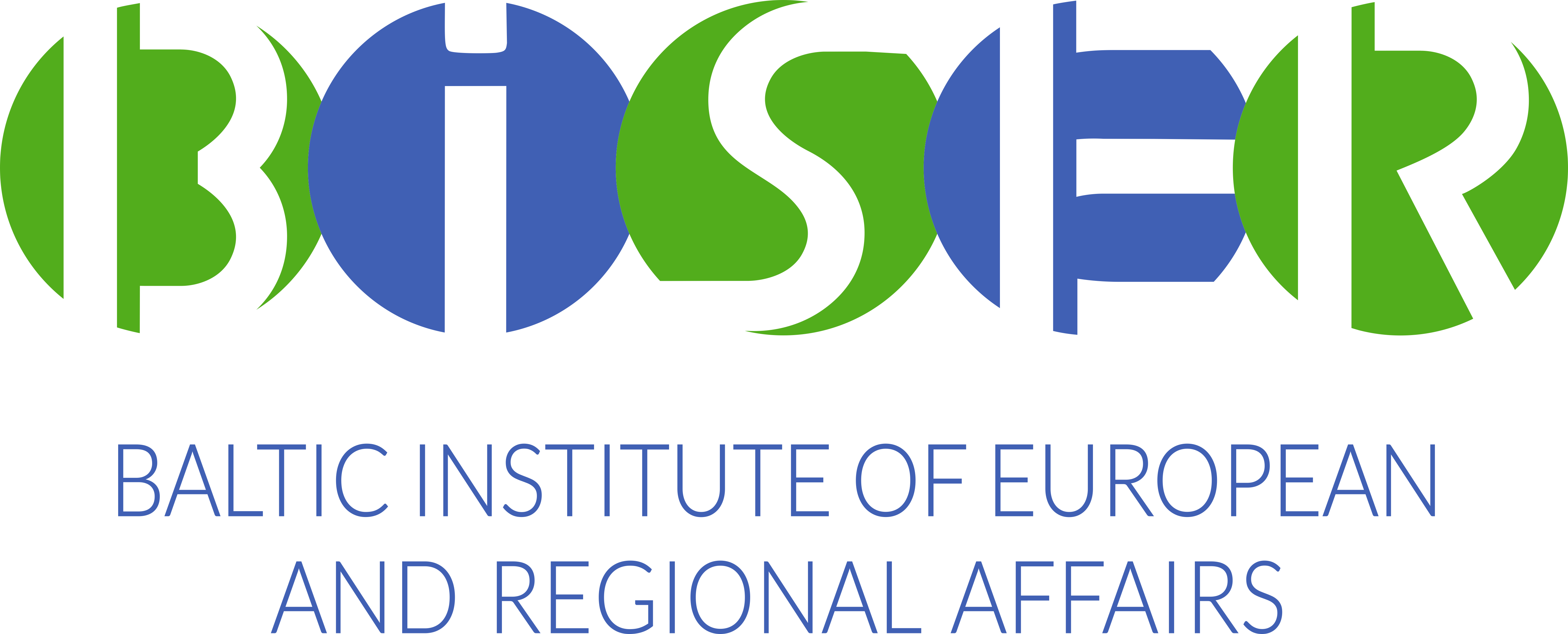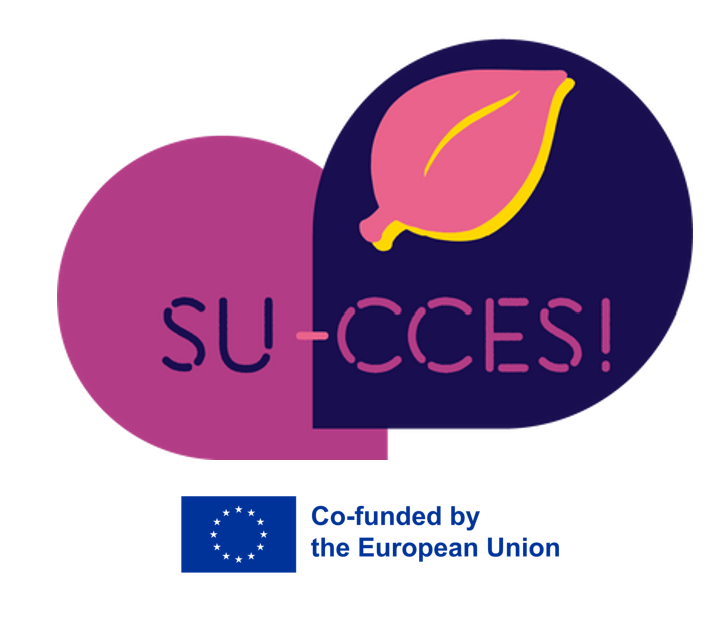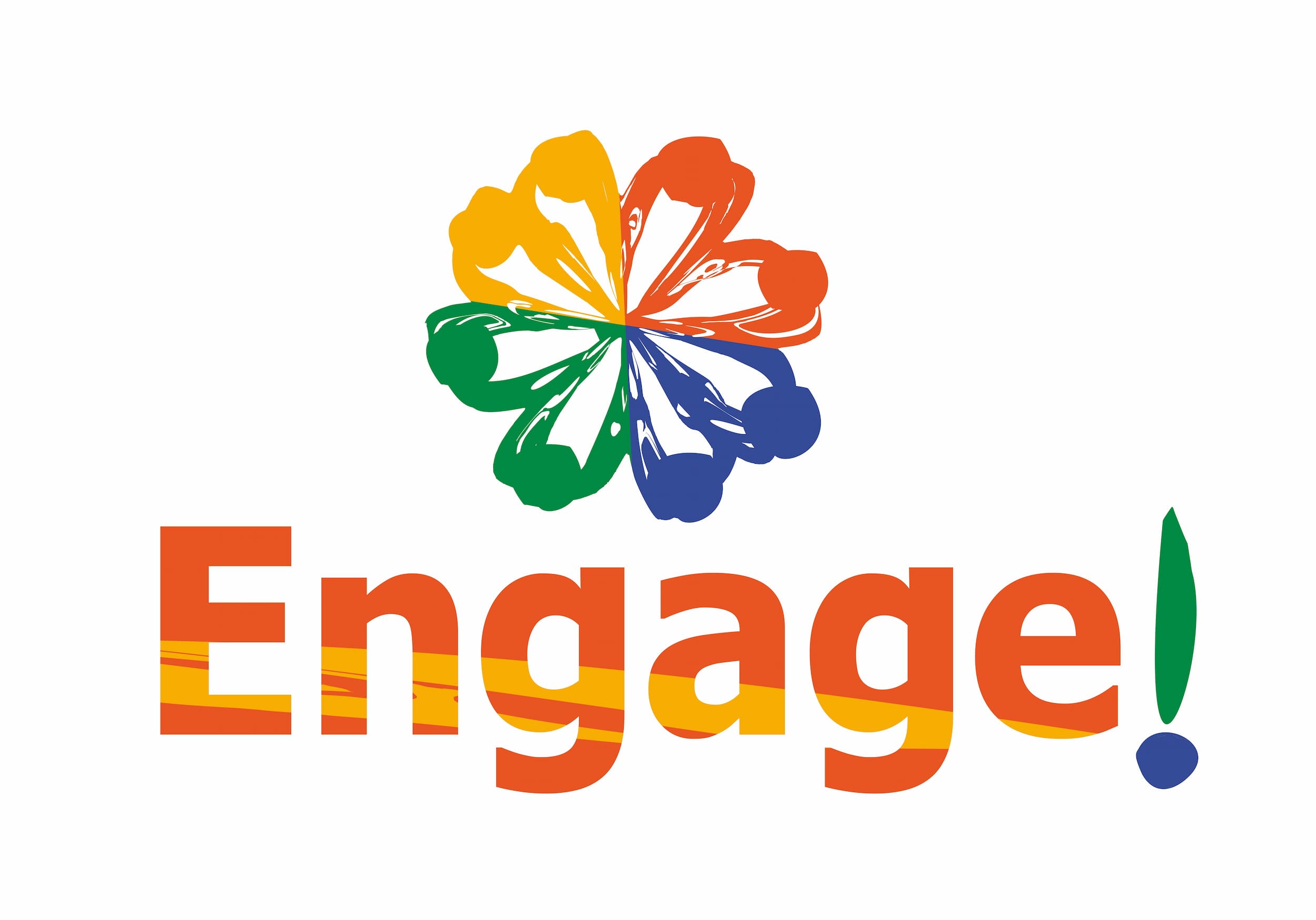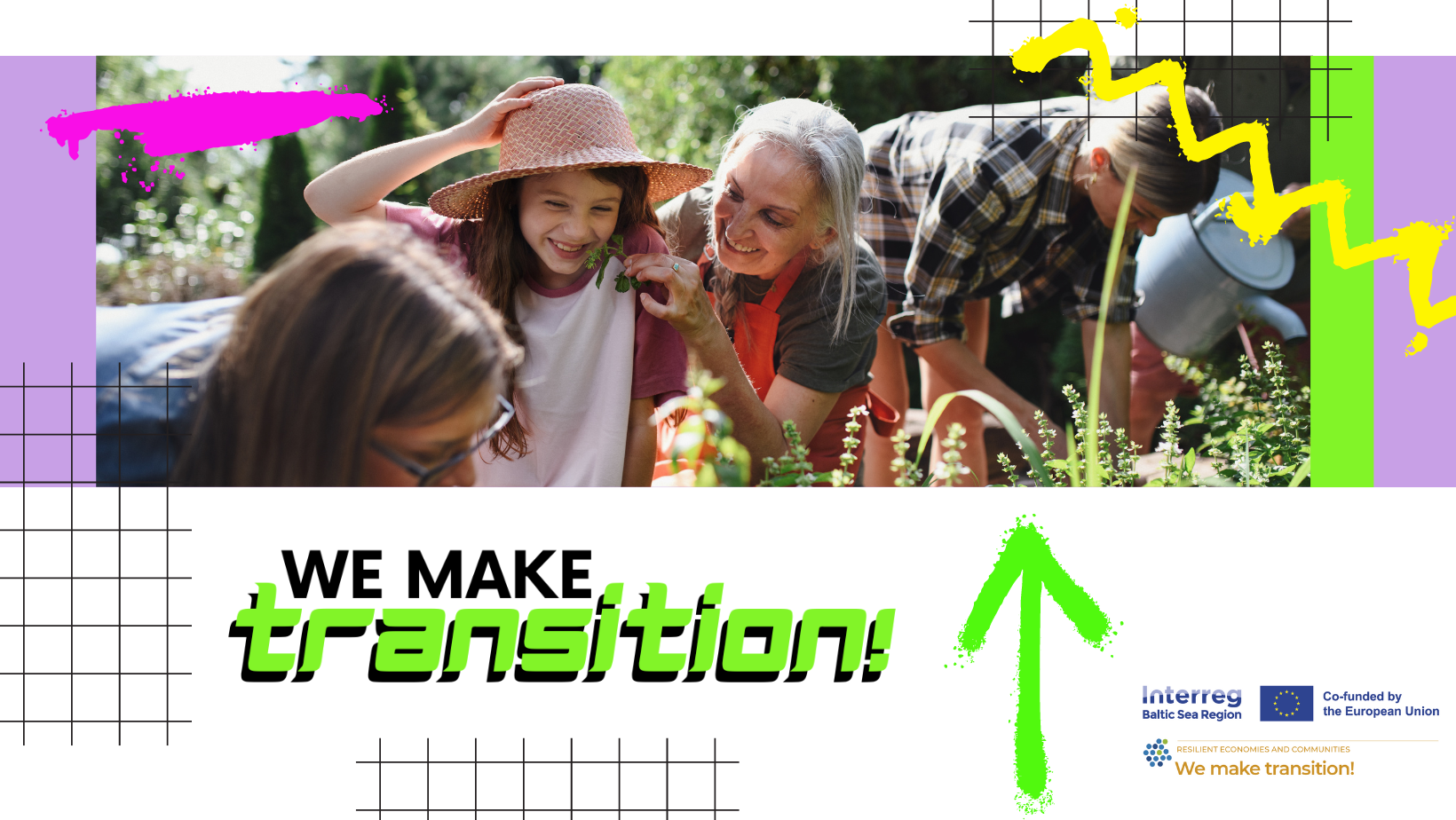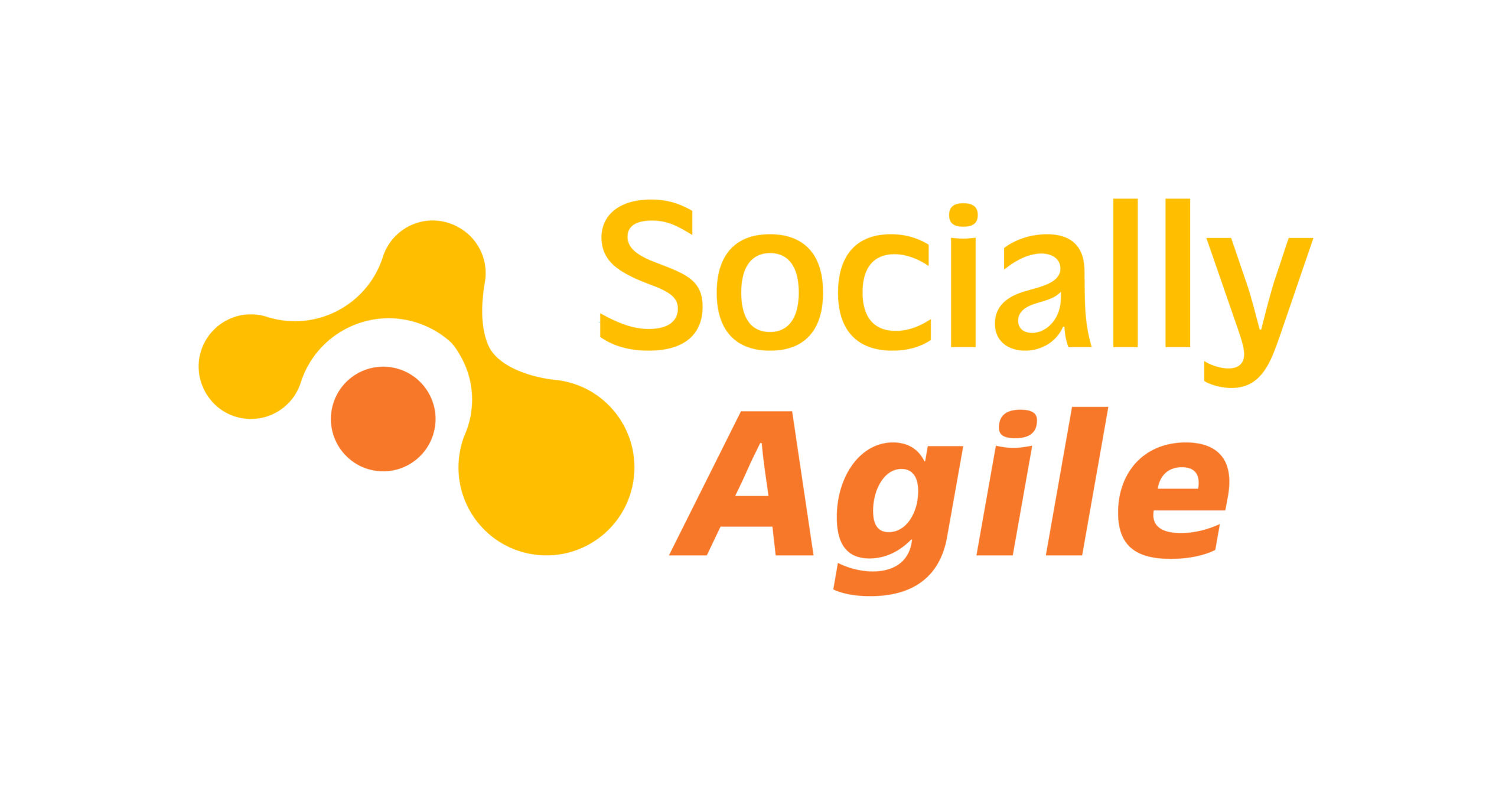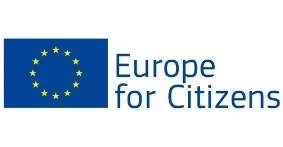As part of the We Make Transition! project, the Vidzeme Planning Region, in cooperation with the local municipality, organized two focus group interviews with various stakeholders. The first focus group was dedicated to discussing solutions for biodegradable waste management. The second focused on bioregion development opportunities in the Gauja National Park territory in Vidzeme.
Every focus group discussion had around 11 participants – from local municipality (also members of the Municipal Council), research and educational institutions, NGOs, and others.
During the discussion on biodegradable waste management, participants mentioned several aspects that affect the management of waste in Cēsis city, highlighting particular issues. The need for waste sorting, including biodegradable waste, was highlighted. Also, participants emphasized waste storage in different areas (for example, private houses) as a problem. In connection with improper storage of biodegradable waste, the threat of various hygiene and sanitary issues was also brought up, emphasizing that solving one issue should not create another problem. Participants highlighted the need for a convenient waste sorting system and proper infrastructure in the city. Additional educational and informing activities for children and adults on sustainable waste management and legal regulation issues were highlighted as essential to support biodegradable waste management.
The main advice to strengthen biodegradable waste management was dedicated to the local municipality. It was advised to experiment with experiences and new methods, develop a plan, and dedicate funding to organize waste management infrastructure – from people to recycling. Participant, a local inhabitant emphasized – “The waste will not be sorted if people are not offered a convenient waste sorting system. Waste sorting containers are mainly available to people living in city apartment buildings. However, they are not available in places further away from the city, so it should be ensured that sorting containers are also provided in county centers.“
The municipality was advised to develop active discussions about society’s needs, be open, review the binding regulations if necessary, and look for cooperation opportunities between different sectors.
During the discussion on the development opportunities of the bioregion, participants shared their main associations: sustainability, future, self-sufficiency, resources, health, good living environment, smart society, organic farming, and tourism opportunities were among those that came up most often.
The most active discussion part was about necessary support to promote the creation of a bioregion. It was predicted that currently the region can be faced many challenges related to creating a bioregion, as this is the first attempt to implement such initiative. It is necessary to create significant support mechanisms for entrepreneurs, farmers, and other stakeholders to promote their motivation and ability to adapt to organic production and other processes. Nowadays many fields see the term “organic” as something expensive and/or unprofitable. The need for political support was also mentioned.
Main advice to strengthen the development of bioregion, was the need to improve communication methods with citizens and organizations. It was also recommended that the functions related to the creation of the bioregion should be delegated to relevant organizations, but with local government funding.
